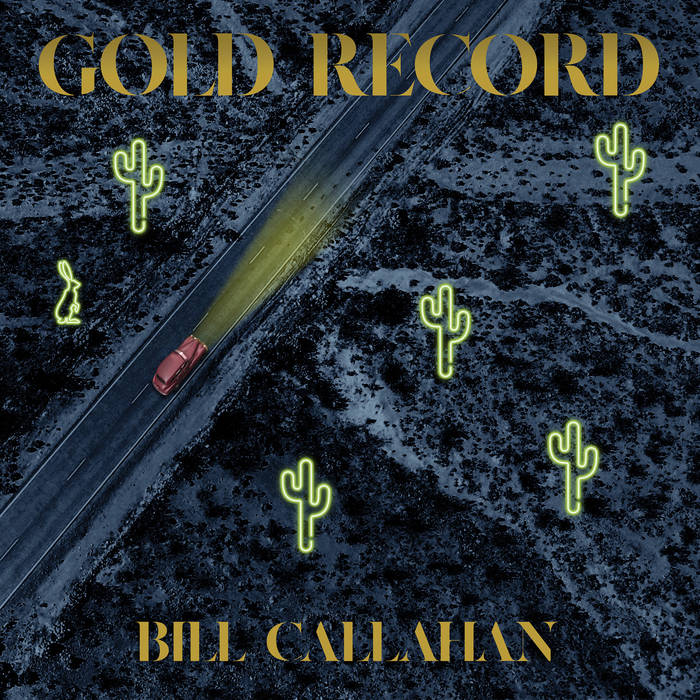
Why Callahan wrote a song for this musician and producer
By CJ Sommerfeld, Staff Writer
Bill Callahan—praised pastoral Americana singer-songwriter—released a new album on September 4, titled Gold Record. This work is a collection of EPs and other previously unfinished works. Kindred to Callahan’s previous six records, Gold Record showcases conjunct melodies accompanied with his monotonous voice. The work has been tied to a few notable names such as folk artist Emmylou Harris—who he originally wrote “Another Song” for, more luminary however, is his piece written for Ry Cooder.
Cooder is an American musician and producer. His own records are intricate and emotive, however, there is something that Callahan acknowledges as more commendable than Cooder’s musical talents; this is heard in his song “Ry Cooder.” Aside from creating his own music, Cooder is also a producer who produces other musicians’ works, notably non-American musicians. One popular album is Buena Vista Social Club’s self-titled record (1997).
Callahan’s song honours Cooder for recognizing talent in sound that skews from the American norm. Beyond that, he acknowledges him for having a genuine love for sound and for sharing other cultures’ art. Cooder has recognized talent in something that’s different from what he had been conditioned to, and in my opinion, unlike many other Westerners who have worked with non-western cultures, he does not appropriate them.
Callahan contrasts Cooder with Paul Simon’s Graceland, which, despite being praised as one of the best albums of all time, has been criticized by some for the cultural appropriation of South African culture. Graceland was a collaboration including Simon and South African musicians that he scouted out after listening to that style of music and deciding he wanted to incorporate it into one of his albums. Thoughts around this album sometimes conclude that Simon did not know much about South African township culture. Instead he liked the way their music sounded, and without any understanding of its cultural history nor meaning, he made an album based on their sounds.
This perspective that showcases Cooder in the song “Ry Cooder” is purely Callahan’s—who knows, maybe he is the most appropriating Westerner of them all! Regardless, it is nice for someone to acknowledge and praise genuineness in another person, even if it is subjective.
Musically, the song “Ry Cooder” is conjunct, its texture thin, and its lyrics poetic. There is something so true and vulnerable about the way Callahan writes. His album is not so much of a background noise sort of piece. If it were playing in the supermarket, shoppers would probably have to sneak a snooze on some bed-like bags of cereal. The album is a lay down and listen album, and luckily, rainy days are on the horizon. The lust to get some vitamin D in between our Zoom classes and availability to do so is slowly diminishing, so take advantage of this and go have a listen!
